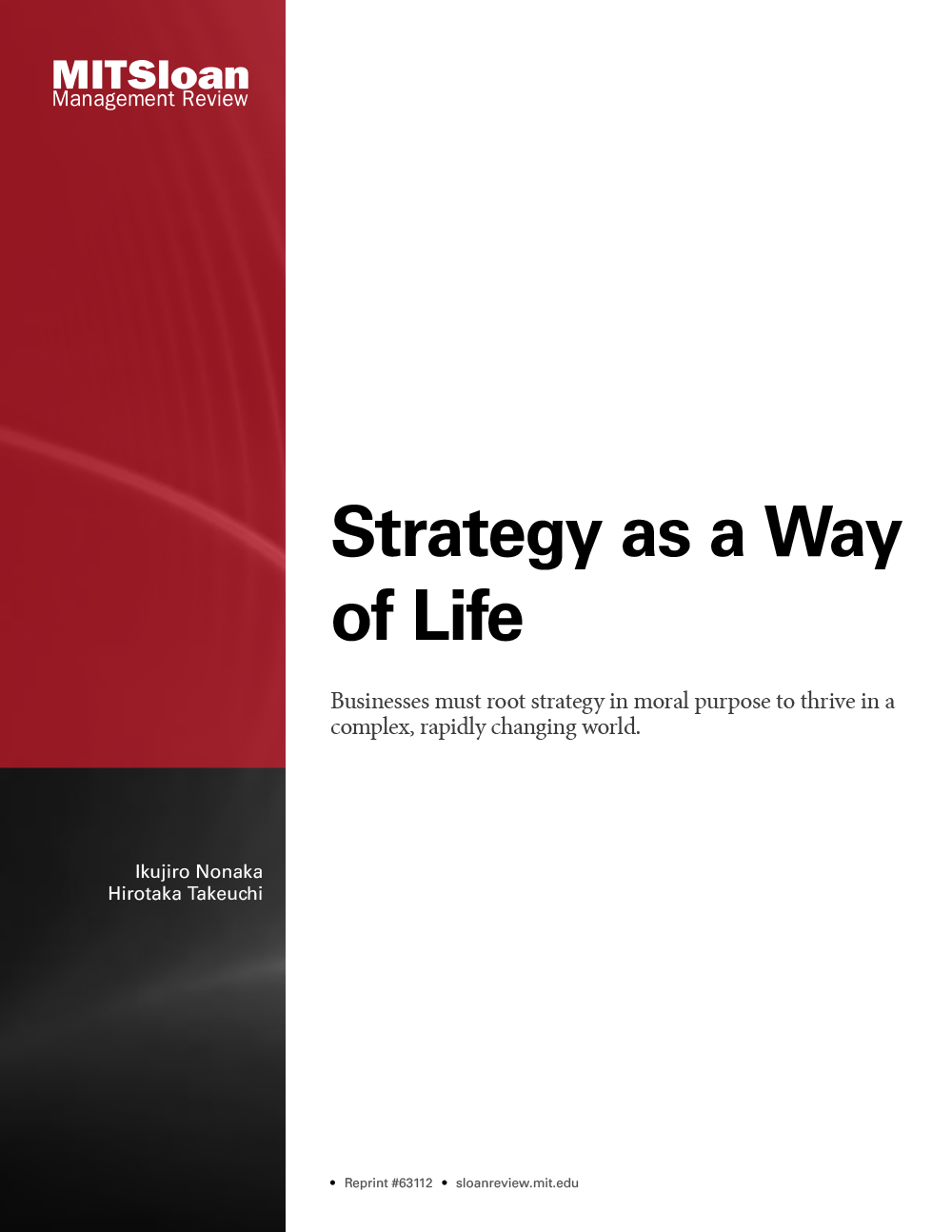
What Executives Don't Get About Sustainability (and Further Notes on the Profit Motive)
MIT Sloan Management Review's Business of Sustainability survey and thought leaders interview project
identified numerous management challenges presented by the new competitive landscape that sustainability
pressures is creating. Perhaps the biggest challenge, though, is how to build the "business case" for
investing in a sustainability-related project--even when you believe that the project addresses a significant
opportunity. What do executives need to know about sustainability as a business proposition?
Interviewee Amory Lovins, co-founder of Rocky Mountain Institute, co-author of Natural Capitalism
Creating the Next Industrial Revolution and recipient of a MacArthur Foundation "genius grant,"
argues that executives labor under several pernicious misunderstandings about how sustainability
affects business--the worst being that sustainability efforts have to cost a company, when in fact, says
Lovins, they nearly always increase profits. How does one begin to build a persuasive business case for
undertaking sustainability-related initiatives? Map your flows and costs of materials and energy, says
Lovins; you will find fiscal "leaks" that can be fixed, with direct bottom-line benefits. He also points out
numerous side benefits of sustainability-related efforts: gains in innovation, labor productivity and
appeal as a collaboration partner. Those benefits, he argues, will exceed the direct ones.
identified numerous management challenges presented by the new competitive landscape that sustainability
pressures is creating. Perhaps the biggest challenge, though, is how to build the "business case" for
investing in a sustainability-related project--even when you believe that the project addresses a significant
opportunity. What do executives need to know about sustainability as a business proposition?
Interviewee Amory Lovins, co-founder of Rocky Mountain Institute, co-author of Natural Capitalism
Creating the Next Industrial Revolution and recipient of a MacArthur Foundation "genius grant,"
argues that executives labor under several pernicious misunderstandings about how sustainability
affects business--the worst being that sustainability efforts have to cost a company, when in fact, says
Lovins, they nearly always increase profits. How does one begin to build a persuasive business case for
undertaking sustainability-related initiatives? Map your flows and costs of materials and energy, says
Lovins; you will find fiscal "leaks" that can be fixed, with direct bottom-line benefits. He also points out
numerous side benefits of sustainability-related efforts: gains in innovation, labor productivity and
appeal as a collaboration partner. Those benefits, he argues, will exceed the direct ones.




